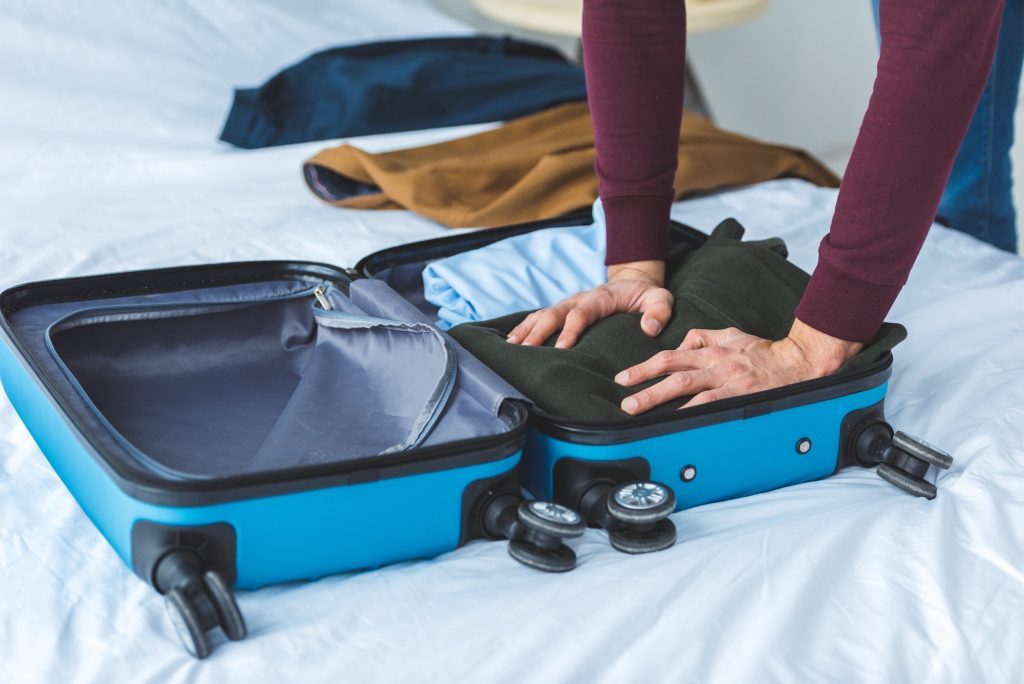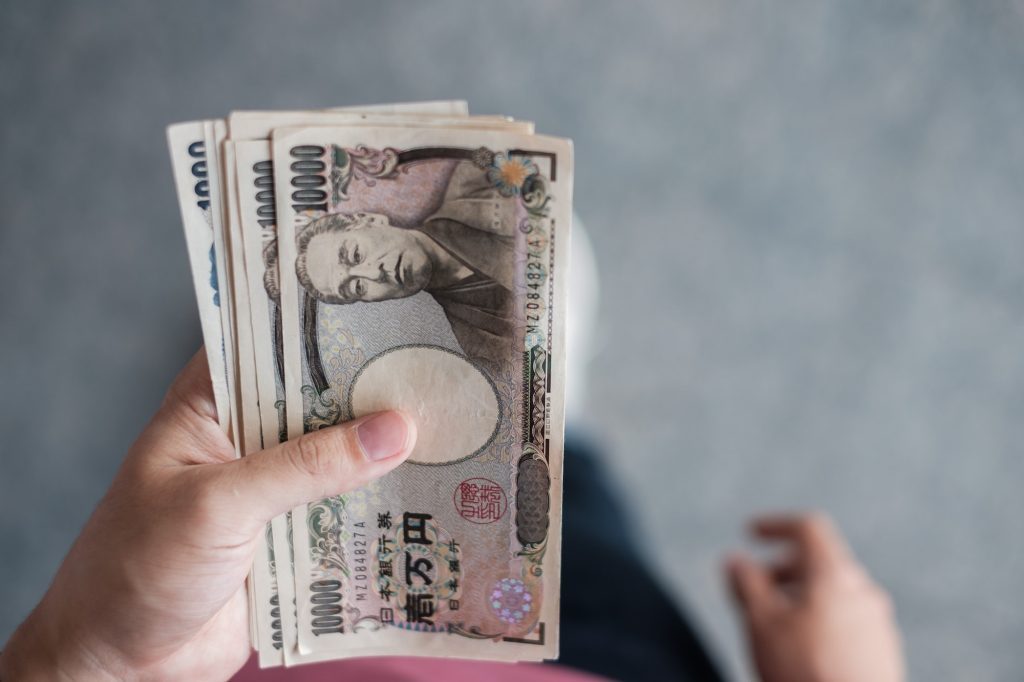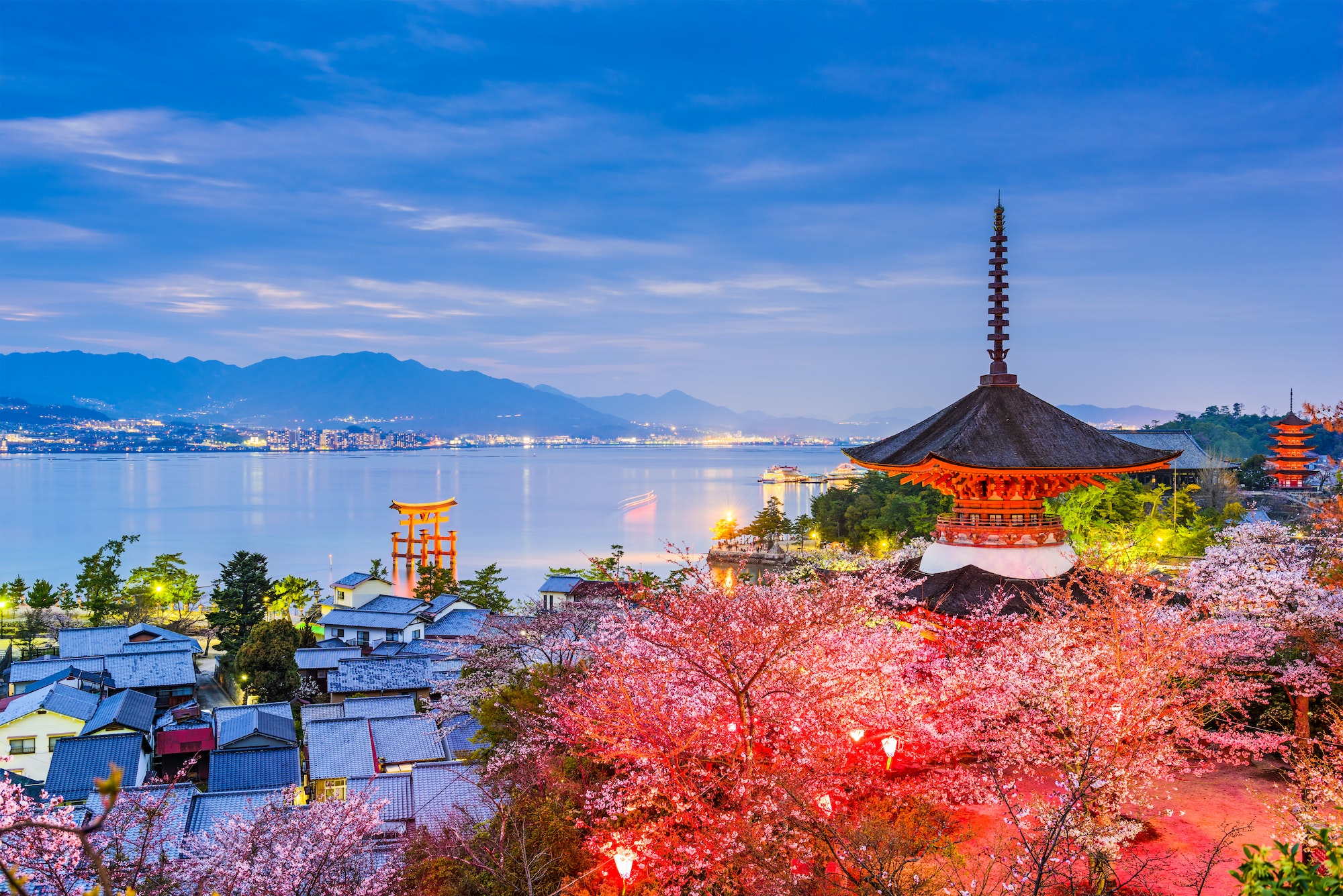Japan is one of the most beautiful countries in the world, and it has a rich cultural history that modern visitors can enjoy. However, there are some things you should know before planning a trip to Japan.
Do your research first.
If you are planning a trip to Japan, there are several things to consider before booking your flight.
First things first: check the weather forecast. The last thing you want is a canceled flight or unexpected delays because of bad conditions at your destination. You don’t want to get stuck in an airport with no place to go and no way out!
Next step: checking the exchange rate of yen (or whatever currency you plan on using) with your home currency. This is especially important if you’re traveling from outside of Japan as it can affect how much money comes back home after leaving there with all those souvenirs and other knick-knacks that aren’t exactly cheap either! A good rule of thumb here would be making sure that enough money is left over after shopping around so nothing gets missed out because some amount hasn’t been accounted for yet; this way everything goes smoothly without any hiccups later on down the road!
Pack light and bring a large tote bag.

When you’re packing for your trip to Japan, remember that you’re going to have to carry everything on your back. This means that the more stuff you bring, the heavier it will be—and the harder it will be for you to wander around the city with ease.
Don’t bring a full-sized suitcase if possible; instead, pack light and use a small day bag to carry all of your essential items during the day (wallet, phone). Then when it comes time for dinner or drinks after sunset, use a large tote bag or backpack in order to carry everything else: snacks from convenience stores and restaurants; drinks purchased at bars or vending machines; clothing layers; jackets etc., depending on what time of year it is when traveling in Japan- travel to japan.
Learn a few phrases in Japanese.
Learning the basics of Japanese is a good idea before you travel to Japan. It will help you get around and understand what’s going on in their culture, which can make your trip even more enjoyable.
To begin learning Japanese, check out some beginner language courses or apps that teach basic phrases in the language, such as DuoLingo and Duolingo (for iOS and Android). You can also find inexpensive books at your local major bookstores or online retailers like Amazon (here’s a link to a great one!). The best way to learn new things is by doing them—so try saying some basic words out loud while looking at English-Japanese dictionaries online to practice pronunciation!
Use cash.
While you can use credit cards to pay for almost anything, you’re more likely to find these accepted at restaurants, supermarkets and convenience stores than anywhere else. In fact, even the most tech-savvy Japanese businesses often don’t accept overseas credit cards. If you want to keep your travel expenses low, only use cash in Japan.
If that sounds like a hassle or if it’s not an option because of where you’re coming from (or going), you might try getting a cash advance on your bank card before leaving home: If you do this, make sure there are no additional fees attached!
Another option is using ATMs in Japan—but again: Watch out for charges!
Be ready for culture shock.
If you’re planning a trip to Japan, there are some things you should know.
The first thing is that you will experience culture shock. The Japanese people and customs are so different from what we’re used to in the United States that even if this isn’t your first trip abroad, it may feel like it is. You will probably be surprised by things—maybe even overwhelmed by them at times. You might find yourself frustrated or confused at times as well. But above all else: don’t let these feelings stop you from enjoying everything Japan has to offer! Because while Japan may seem strange at first glance (to say the least), there’s so much wonder waiting for anyone willing to explore its depths and immerse themselves in its rich history and culture. And I promise that once you get past some initial hurdles—and trust me, there will be hurdles—you’ll find yourself having an amazing time exploring one of the most unique places on Earth!- travel to japan.
Learn about tipping etiquette.

You should tip in cash, but it’s not expected. The server will generally be paid a salary and tips are just extra income. Tipping is generally 10% of the bill and is never included in restaurant bills. If you do decide to leave a tip, hand it directly to your server or bartender so they know you’re tipping them personally; this can help them give better service if they know you’ve been generous with your gratuity!
Before you leave Japan, make sure that your currency has been exchanged correctly as some places will give you more local currency than others (this often happens when tourists are buying things at train stations). If possible, avoid using traveler checks because they can be hard for Japanese businesses to process and could delay your trip if there’s an issue with processing time.
Avoid traveling during peak season if you can.
The summer months of July and August are the peak season for traveling to Japan. This is when school is out of session, and many Japanese families take their vacations in this time period. You’ll find that lodging can be difficult to find, especially if you plan on staying in popular destinations like Kyoto or Tokyo.
Costs will also be higher during this time because many companies have special programs for these months; it is common for hotels, restaurants and other tourist-related businesses to offer discounts during this time as well.
Take advantage of the free WiFi at your hotel.
A lot of people don’t realize that free WiFi is available at most hotels. This includes many hotels in Japan, and even if you don’t have a data plan for your phone, it’s a great way to stay connected and use some of your time productively. You can check your email, Facebook or Twitter accounts, make reservations with travel sites like Airbnb or Booking.com, and even post photos to social media from the comfort of your hotel room (if there’s no WiFi in the lobby). If for whatever reason you don’t have access to the hotel’s Wi-Fi network—or if you’re feeling adventurous—you can use their phones instead!
Make sure you have what you need for an emergency.
One of the best ways to make sure that you are prepared for any eventuality is to have access to an emergency contact number. If something happens and someone needs help, having a contact number handy can save valuable time and make things easier on everyone involved- travel to japan.
Similarly, it’s always good to know who your insurance company is and what type of coverage you have—and also how much it costs per day or week or month (as well as whether there are annual deductibles). If you don’t have medical insurance at home already, there may be some extra options available in Japan that could save you money while abroad.
There are a lot of things to consider when planning a trip to Japan. The cost, weather, transportation and visa requirements are just some of the factors that need to be taken into consideration before you hit the road. However, once you’ve done all your research and know what’s expected of you at every step along the way; there’s nothing stopping you from enjoying this beautiful country for weeks or even months on end!





0 Comments